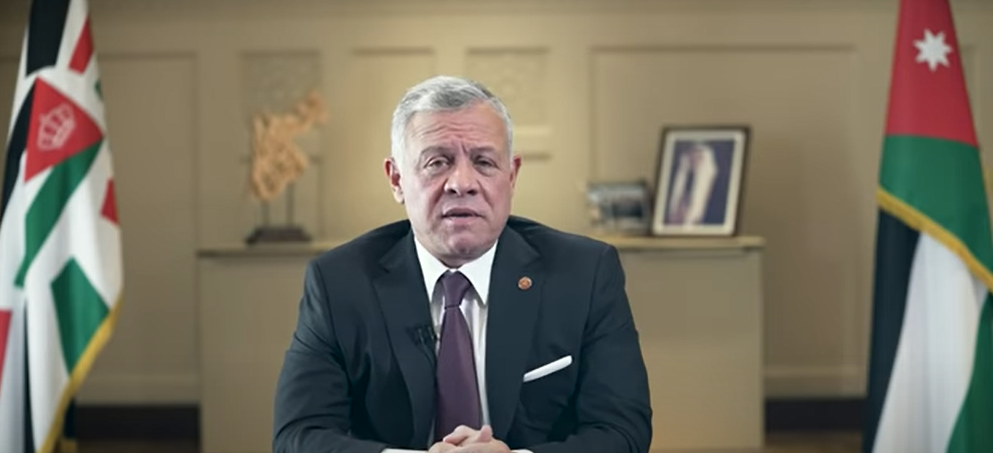Jordan is currently watching with great concern the talks taking place between the Biden administration and Saudi Arabia, with the prospect of a tripartite deal on the horizon.
This deal could lead to a normalization agreement between Saudi Arabia and Israel within the next six months.
High-ranking officials in Jordan are deeply concerned about the potential repercussions of such an agreement, which they believe could weaken Jordan’s regional and international standing.
As a response to these concerns, Jordan has made a strategic decision to strengthen its ties with the Palestinian Authority (PA) and draw closer to it.
Both Jordan and the Palestinians share a mutual interest in advancing the swift establishment of an independent Palestinian state in the territories of Judea, Samaria, and the Gaza Strip.
Jordan aims to remove any discussions suggesting that “Jordan is Palestine” and advocate for a solution to the Palestinian problem that involves a partnership between the Palestinians in Judea and Samaria and Jordan.
Currently, relations between Jordan and the right-wing government in Israel are strained, and Jordanians are anxious about the possibility that this government might seek to resurrect the idea that “Jordan is Palestine.”
Consequently, Jordan vehemently opposes any actions that could undermine the establishment of an independent Palestinian state.
In the absence of a two-state solution, the only alternative appears to be addressing the Palestinian problem at the expense of Jordan.
This prospect is a nightmare for the Hashemite royal house.
Jordanians fear that Saudi Arabia’s efforts to appear as a leader in the political struggle for a Palestinian state may be superficial.
They do not take Saudi Arabia’s recent appointment of an ambassador to the PA, who also serves as the consul general in Jerusalem, and the statements by Saudi Foreign Minister Faisal Ben Farhan regarding the necessity of an independent Palestinian state, seriously.
According to sources within the Jordanian royal house, these actions by Saudi Arabia may merely be “lip service,” and the Saudis could eventually inform the Palestinians that they have explored all possible avenues.
Due to Israel’s strong opposition to a Palestinian state and Saudi Arabia’s concerns about Iran, they might argue that they need to protect their own interests by signing a normalization agreement with Israel.
Jordan also fears that if a normalization agreement is indeed reached between Saudi Arabia and Israel, it could lead to Saudi Arabia pressing for increased access to the Al-Aqsa Mosque over time.
Under the peace agreement between Jordan and Israel from 1994, Jordan holds a unique status on the Temple Mount and in Jerusalem, designated as the guardian of the holy sites.
In summary, Jordan is deeply worried that a normalization agreement between Saudi Arabia and Israel could significantly diminish its ability to shape the resolution of the Palestinian problem and potentially even lead to the collapse of the Palestinian Authority.




